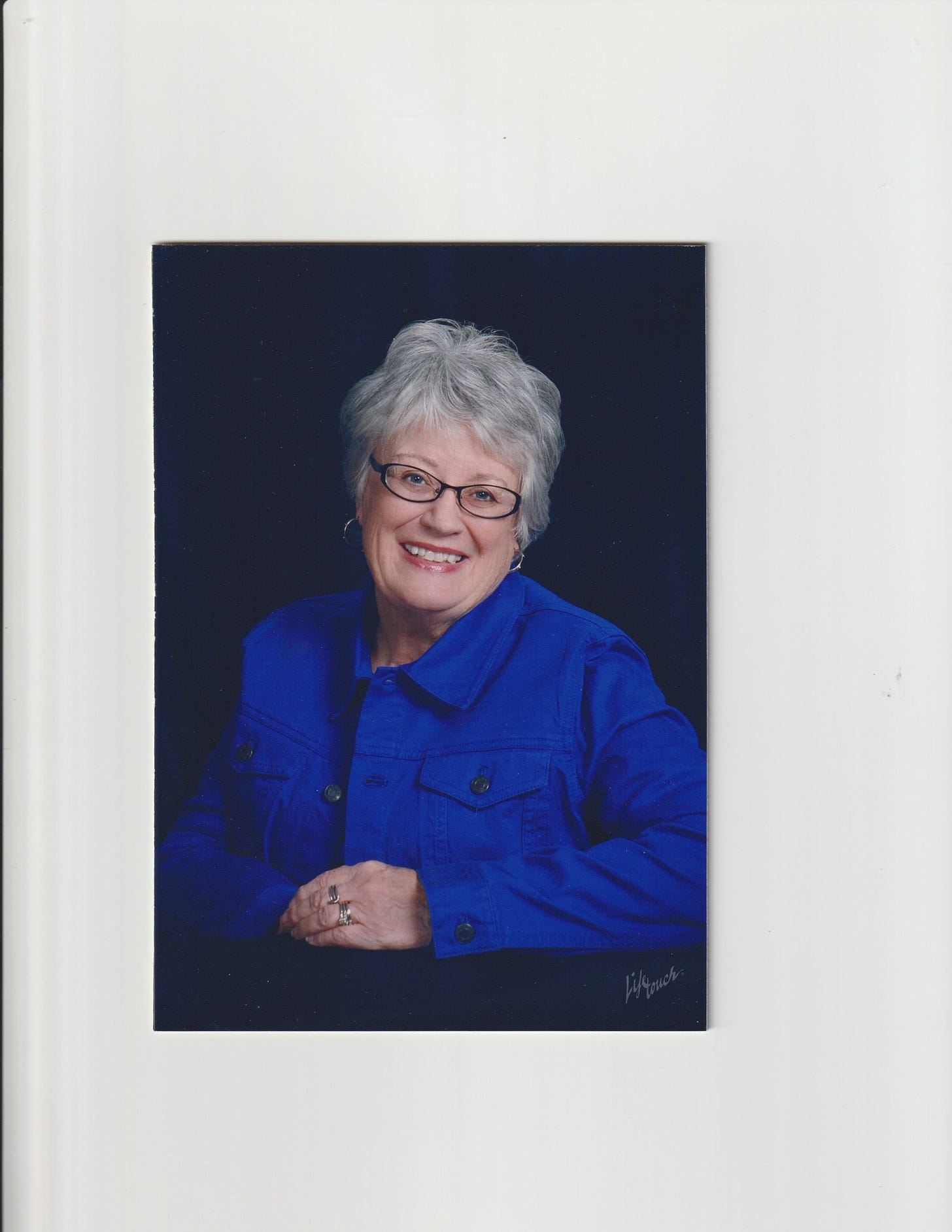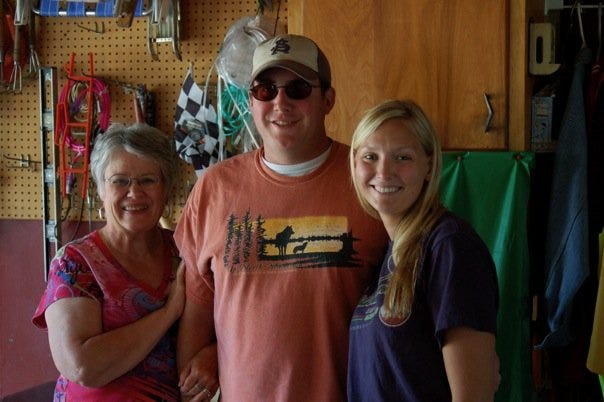The Coaching Question
“What would change if you assumed positive intent?”
When to Use This Question
When a teacher or leader is frustrated with a colleague, student, or team member.
When conflicts arise due to misinterpretation of others’ actions or words.
When a leader is struggling with trust issues among staff or in team dynamics.
When a teacher or coach is taking resistance personally rather than exploring its root causes.
The Problem This Question Aims to Solve
In schools, most conflict doesn’t come from malice—it comes from miscommunication, stress, and competing perspectives. But when we assume negative intent—labeling a teacher as resistant, a student as defiant, or a colleague as difficult—we often escalate the very behavior we’re frustrated by. This question invites a pause. It challenges reactive assumptions and shifts the conversation toward curiosity, understanding, and trust.
Are you currently planning for next year and want to nail trust? Check out these:
The Research Behind It
Amy Edmondson’s Psychological Safety (2018) – Assuming positive intent fosters a culture of trust and psychological safety, which improves collaboration and innovation.
Fundamental Attribution Error (Ross, 1967) – People tend to attribute others’ behaviors to personality flaws while excusing their own behavior due to circumstances. This question challenges that cognitive bias.
Restorative Practices in Education – Building strong relationships requires seeing behavior through a lens of curiosity and mutual understanding rather than immediate judgment.
Example Application in Coaching:
Scenario: A principal is frustrated because teachers are not following a new initiative as expected.
Coach’s Response: “What would change if you assumed positive intent?”
Principal’s Reflection: “I guess I’d consider that they might be struggling with the transition rather than resisting it on purpose.”
Next Steps: The coach could help the principal reframe their approach, exploring ways to support teachers through the change rather than seeing them as barriers to success.
Additional Questions to Deepen the Conversation:
“What’s another possible explanation for [his/her/their] actions?”
“How would you want someone to interpret your actions if the roles were reversed?”
“What shifts when you choose curiosity over judgment?”
“What evidence did you use to draw the conclusion about [his/her/their] motives?” — Stamp: “That’s right…you don’t have any because you can’t have evidence of someone’s intent.”
Final Reflection for Coaches and Leaders
Assuming positive intent doesn’t mean you’re naïve—it means you’re strategic enough to know that blame kills progress. This question isn’t about rainbows and trust falls; it’s about giving people the benefit of the doubt long enough to get to the root of the problem. Use it to turn side-eye into curiosity and defensiveness into dialogue. Schools don’t need more suspicion—they need leaders who lead with brains and belief. Just a little disruption.
A note to regular subscribers and social followers:
Over the past few days, you may have noticed something strange in my tone. It started with what felt like despair—and, to be honest, maybe it was.
I went on a full-blown purge. Deleted content that made me cringe. Stuff I posted when I didn’t know what I was doing (because I didn’t). As I slashed and burned hours and hours of work, I could literally feel my heart aching.
Still, it was time to let it go.
And in the letting go, I had to ask: Was it worth it?
Last week, my mother-in-law, Paulette, passed away. She was a lifelong educator and writer—the kind of person who read books with a dull pencil in hand, leaving thoughtful margin notes (including the aligned standards) in the most meticulous cursive, the kind only a select few could decipher.
Paulette cared deeply about words, about learning, about getting it right. She was one of just two people who took the time to write a review for this book—because she believed in celebrating poetry from St. Augustine, Florida, where she and her husband of 52 years spent their winters as Michigan snowbirds.
Paulette had a way about her—sharp, warm, funny, and deeply human. The kind of person whose offhand comments made you sit up straighter, want to be better. She got to see me quit drinking. I’m so proud she saw that version of me but I’m sad she won’t get to hold my book in her hands. She would have been so proud.
I want to live a life that means something. Like she did.
And that doesn’t mean perfection. It means committing to the practice, even when it’s awkward. Even when the yoga pose flops or the post doesn’t land or I can’t figure out the algorithm. It means clicking “publish” anyway.
I don’t know what I’m doing in this digital marketing world. But I am learning. And I’m grateful I get to practice in front of—and with—all of you.
Thank you, Paulette. You will be missed. And you’ll keep showing up in the little ways I try to do better.













What a beautiful tribute to your mother in law. Sorry for your loss and thanks for what you’re sharing on here 💕